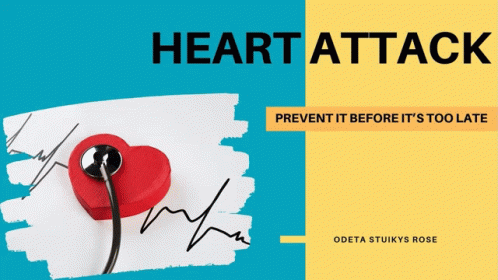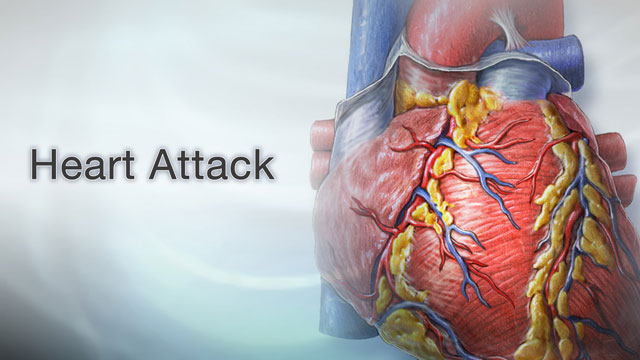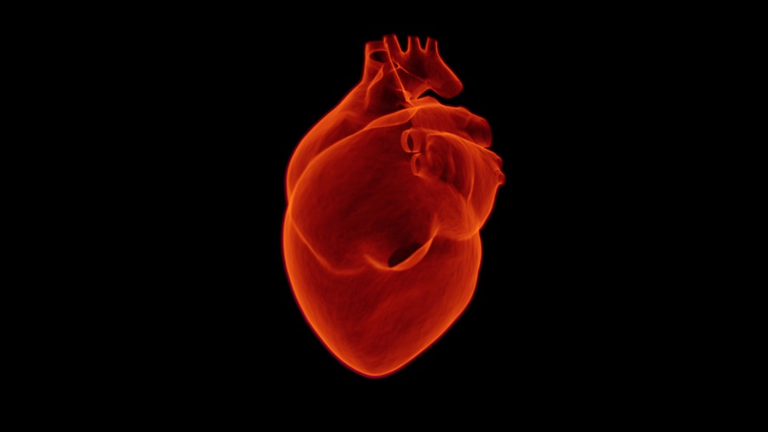Heart Attacks: Causes, Signs, and How to Reduce the Risk
A heart attack is a sudden disruption of the blood supply to your heart. This can be caused by narrowed coronary arteries or plaque build-up that ruptures and blocks blood flow. A heart attack can lead to permanent damage, disability, or even death. However, there are several risk factors you can control in order to reduce your risk. If you’re reading this now, it means that you care about yourself and want to improve your well-being as much as possible. In this article, you will learn everything you need to know about heart attacks and ways in which you can reduce your risk of having one.
Causes of Heart Attacks
High blood pressure: If you have high blood pressure, your blood vessels will be under increased pressure. This can cause fatty deposits to build up inside the blood vessels, which can lead to restricted blood flow and, therefore, a heart attack. High blood pressure can be detected through a simple blood test and monitored with medication.
High cholesterol: Having high cholesterol can cause fatty deposits to build up in your arteries. When these deposits become thick or hard like plaque, they can narrow or completely block the arteries that supply your heart with blood. This can result in a heart attack when your heart cannot get enough blood flow. You can get your cholesterol levels tested through a blood test, and your doctor may recommend a change in diet or cholesterol-lowering medication.
Diabetes: People with diabetes are at a greater risk of developing heart disease and having a heart attack. This is because excess glucose in the blood can damage blood vessels, including the arteries supplying the heart. Diabetics can control their blood sugar levels through diet and exercise, as well as medication.
Family history: If someone in your family has had a heart attack, it can be a sign of inherited heart disease. This means that there is a higher chance that you will develop heart disease as well. There are several types of inherited heart disease, including hypercholesterolaemia, which is when cholesterol builds up in the blood. Inherited heart disease can be detected through a blood test, and you can reduce your risk by making healthy lifestyle changes.
Stress: When we are stressed, our bodies produce hormones that increase our blood pressure, heart rate, and blood sugar levels. Although a little bit of stress is normal, it can be unhealthy to experience high levels of it. You can reduce your stress levels by getting enough sleep and exercising regularly.
Certain medications: Some medications, including steroids, beta-blockers, and statins, have been linked with an increased risk for heart attack. Talk to your doctor about which medications may affect your heart and how you can reduce the risk of side effects.

Symptoms of Heart Attacks
Chest pain: The most common symptom of a heart attack is chest pain or discomfort. This can be most often described as a squeezing or tight feeling in the chest, often extending towards the shoulder or arm. Chest pain is usually triggered by exercise, stress, or eating.
Shortness of breath: When the blood flow to your heart is reduced, your body triggers a stress response. This may lead to shortness of breath, as well as nausea, dizziness, and a racing heart.
Nausea and vomiting: The amount of blood that flows to your stomach is reduced during a heart attack, which can make you feel nauseous.
Weakness: This symptom is often overlooked, but it can indicate a heart attack. If you feel weakness or fatigue in your arms or legs, it could be a sign of a heart attack.
Sweating: When the blood flow to your heart is reduced, your body may experience a drop in temperature and start to sweat.
Palpitations: Rapid or irregular heartbeats are called palpitations. Although palpitations can have several causes, they can also be a sign of a heart attack.
I’ll be Pointing Out How to Reduce Your Risk of Heart Attacks
Stay active: Regular exercise can improve your blood flow and reduce the risk of heart disease. Aim to get 30 minutes of moderate exercise per day, five days a week.
Eat healthily: Eating a healthy diet is important not only for reducing your risk of heart disease but also for treating it once you are diagnosed.
Quit smoking: Smoking increases your risk of heart disease, as well as other diseases.
Get enough sleep: Getting enough sleep can help you manage stress and regulate your hormones.
- Manage your stress: When you feel stressed, try to find a way to de-stress.

There are Suggested Treatments for Heart Attacks if You Are Suspecting Your Body
If you experience heart attack symptoms, you should seek medical attention. Most heart attacks are treated with a combination of medication and lifestyle changes. Medication may include aspirin, beta-blockers, or statins. If a heart attack does not respond to medications, emergency treatment may be necessary.
- If your heart attack does not respond to medications, you may need to receive angioplasty or a coronary artery stent. An angioplasty is a procedure that widens narrowed blood vessels. A coronary artery stent is a tiny tube used to hold open a narrowed blood vessel.
Note: Eating a healthy diet, exercising regularly, and managing your stress can help to reduce the risk of heart disease and prevent heart attacks.
Conclusion
Heart attacks are scary, but there are several things you can do to reduce your risk of having one. Make sure you are getting enough exercise, eating a healthy diet, and managing your stress. If you think you might be at risk of heart disease, you should talk to your doctor.
Sources:
https://isthisveganfriendly.com/why-do-all-vegans-look-sick/
https://www.mayoclinic.org/diseases-conditions/heart-attack/symptoms-causes/syc-20373106
https://www.nhs.uk/conditions/heart-attack/causes/
https://www.webmd.com/heart-disease/guide/heart-disease-heart-attacks
https://www.mayoclinic.org/diseases-conditions/heart-attack/diagnosis-treatment/drc-20373112


Unfortunately, as everything in the world progresses, heart attacks continue to increase, basically because of a sedentary lifestyle and poor diet.
I don't know if these numbers are ever going to decrease. You have provided some very interesting data in this regard. Diabetes, too, is on the rise, and basically for the same reasons, poor diet and sedentary lifestyle, which in turn predisposes to an increase in the rate of heart attacks. It is a kind of vicious circle.
The world has changed than before as man keeps worrying and is unable to have enough money in order to eat good food with enough diet but I believe if only our government are really ready to help the poor and the rich masses through advanced medical facilities, creation of job opportunities, and many more can help combat the level people are having heart attacks.
Most of the time overthinking leads to heart attack which is also associated to the high blood pressure point you talked about
You are very correct my dear. Thanks for the observation.
Thanks for your contribution to the STEMsocial community. Feel free to join us on discord to get to know the rest of us!
Please consider delegating to the @stemsocial account (85% of the curation rewards are returned).
You may also include @stemsocial as a beneficiary of the rewards of this post to get a stronger support.
Enough exercise can help reduce the chances of heart attack, thank you for sharing my friend